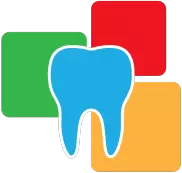How To Tell If You Have A Cavity With Braces?
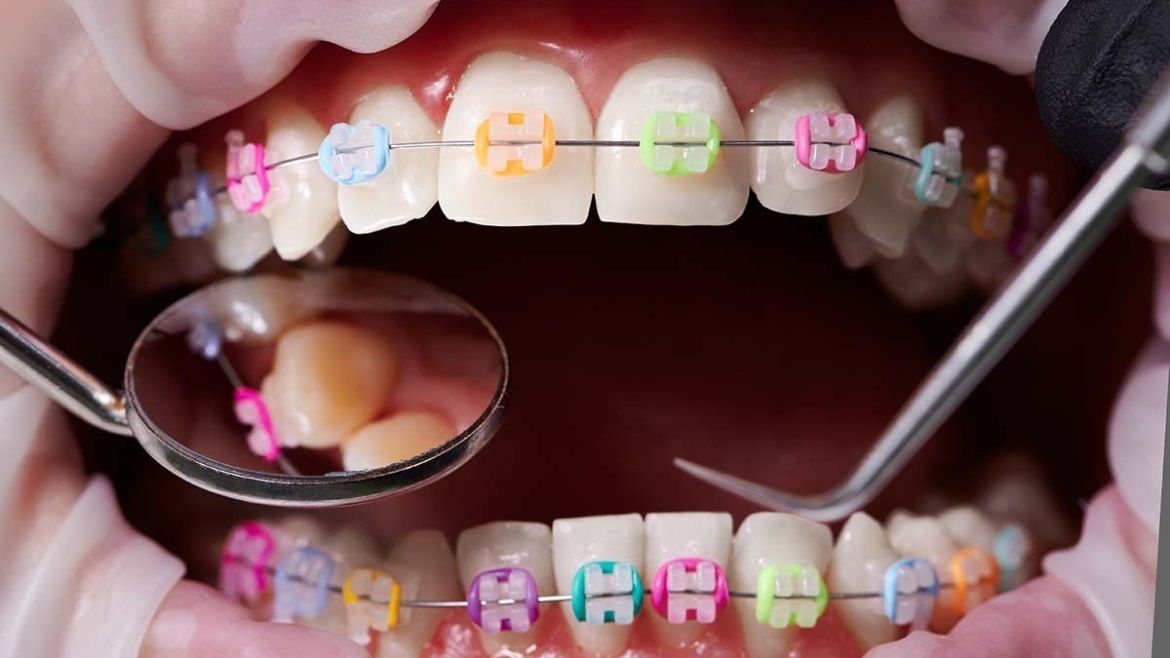
Introduction
If you have braces, maintaining good oral hygiene is crucial to achieving a beautiful, healthy smile. Braces can make it a bit challenging to spot dental issues like cavities, as they create additional nooks and crannies where bacteria can hide. In this comprehensive guide, we will explore how to detect cavities with braces, also known as "teeth bressel," and provide valuable tips to keep your oral health in top shape throughout your orthodontic journey.
1. Understanding Braces and Cavity Risk
Braces, also known as orthodontic appliances, are commonly used to correct misaligned teeth and address various bite issues, such as overbites and underbites. While braces are highly effective in achieving a straight and aesthetically pleasing smile, they do present certain challenges when it comes to oral hygiene and cavity prevention. Let's delve deeper into understanding braces and the associated cavity risk:
1. Plaque Accumulation:
The primary factor contributing to the increased cavity risk with braces is plaque accumulation. Plaque is a sticky film composed of bacteria, food particles, and saliva that constantly forms on the surfaces of our teeth. When braces are applied, the brackets and wires create additional surfaces and nooks where plaque can accumulate and thrive. This makes it more difficult to maintain proper oral hygiene and increases the chances of developing cavities.
2. Food Trapping:
Braces consist of brackets attached to the teeth and wires that connect them. These components create spaces between the teeth, where food particles can easily get trapped. Foods that are particularly sticky or hard to clean, such as caramel, chewing gum, or popcorn, can pose an even greater risk as they can linger around the braces and teeth, providing a breeding ground for bacteria.
3. Difficulty in Cleaning:
Braces can make brushing and flossing more challenging and time-consuming. The wires and brackets can obstruct direct access to the tooth surfaces, making it harder to clean thoroughly. As a result, some areas might be neglected during oral hygiene routines, leading to plaque buildup and, eventually, cavities.
4. Enamel Demineralization:
When plaque forms on the teeth, the bacteria produce acids that attack the tooth enamel. This process is known as demineralization, and over time, it weakens the enamel, creating tiny white spots on the tooth's surface. These initial white spots indicate early enamel damage and may progress to cavities if not addressed promptly.
5. Increased Acidic Environment:
With braces, the oral environment can become more acidic due to the presence of plaque and the breakdown of food particles. The acidic conditions can erode the enamel and make the teeth more susceptible to cavity formation.
2. Identifying the Signs of Cavities with Braces
2.1. Tooth Sensitivity
One of the earliest signs of a cavity is tooth sensitivity. You may experience discomfort or pain when consuming hot, cold, or sugary foods and beverages. With braces, it might be challenging to pinpoint the exact tooth causing the sensitivity, but if you notice consistent pain or discomfort, it's essential to consult your orthodontist and dentist.
2.2. Discoloration or White Spots
White spots or discoloration on the tooth's surface can indicate the early stages of tooth decay. These spots may be more difficult to spot with braces, but regular dental check-ups and cleanings can help identify these issues early.
2.3. Visible Holes or Pits
As cavities progress, they can lead to visible holes or pits on the tooth's surface. With braces, it's essential to pay extra attention during your oral hygiene routine to spot these changes.
2.4. Bad Breath
Cavities can contribute to persistent bad breath, also known as halitosis. If you notice chronic bad breath despite maintaining good oral hygiene, it could be a sign of dental issues, including cavities.
2.5. Changes in Tooth Texture
As cavities progress, you may notice changes in the texture of the affected tooth. The enamel may feel rough or uneven to the touch compared to your other teeth. Run your tongue gently over your teeth to detect any irregularities.
2.6. Increased Pain when Chewing
As a cavity worsens, you might experience increased discomfort or pain when chewing or biting down on food. The pressure exerted on the cavity can cause sensitivity and discomfort.
2.7. Gum Inflammation or Swelling
Cavities near the gumline can lead to gum inflammation or swelling. If you notice red, tender, or swollen gums around a specific tooth, it could be an indication of an underlying cavity.
2.8. Prolonged Toothache
A persistent, lingering toothache that lasts beyond a few minutes can be a sign of an advanced cavity. The pain may come and go, but if it persists, it's crucial to get it checked by your dentist promptly.
Remember that early detection of cavities is essential for effective treatment and to prevent further damage to your teeth. Regularly examining your teeth and gums, in addition to maintaining proper oral hygiene, will help you catch any signs of cavities with braces early on. Don't hesitate to reach out to your orthodontist or dentist if you notice any of these signs to ensure your teeth bressel remain healthy throughout your orthodontic treatment.
3. Maintaining Optimal Oral Hygiene with Braces
3.1. Brushing Techniques
Brushing your teeth with braces requires a bit more effort and time. Use a soft-bristled toothbrush and angle it towards the gumline, gently brushing along the brackets and wires. Pay attention to the front, back, and chewing surfaces of your teeth. Aim to brush after every meal to prevent food particles from getting trapped.
3.2. Flossing with Braces
Flossing becomes trickier with braces, but it's essential for removing plaque and debris from between your teeth. Use a floss threader or orthodontic flossers designed for braces to thread the floss underneath the wires and clean between the teeth effectively.
3.3. Mouthwash and Fluoride Rinse
Rinsing with an antimicrobial mouthwash can help reduce bacteria and plaque in your mouth. Additionally, using a fluoride rinse can strengthen your enamel and protect against cavities.
3.4. Use Interdental Brushes and Proxy Brushes:
Interdental brushes can be helpful in cleaning between the brackets and wires where traditional flossing might be challenging. Proxy brushes, which resemble tiny bottle brushes, can also reach areas that regular toothbrushes may miss.
3.5. Attend Regular Dental Check-ups:
Regularly visit your orthodontist for adjustments and your dentist for routine check-ups and cleanings. Dental professionals can monitor your oral health, identify early signs of cavities, and provide guidance on maintaining optimal oral hygiene with braces.
4. Diet and Nutrition Tips
4.1. Limit Sugary Foods
Reduce your intake of sugary foods and beverages as they contribute to plaque formation and cavity development. If you indulge in sweets, be sure to brush your teeth afterward.
4.2. Choose Braces-Friendly Foods
Stick to braces-friendly foods that are less likely to get stuck in your brackets and wires, such as soft fruits, cooked vegetables, lean proteins, and dairy products.
Conclusion
Maintaining excellent oral hygiene with braces is vital to avoid cavities and other dental issues. By being vigilant and following the tips mentioned in this guide, you can protect your teeth bressel and achieve a beautiful smile at the end of your orthodontic journey. Remember always to consult your orthodontist and dentist if you suspect any dental problems to receive appropriate care and treatment. Take charge of your oral health today for a radiant, cavity-free smile tomorrow!
- A-3, Natraj Nagar near Imli Phatak, Jaipur-302015
- +91 9945826926
- contact@amddentalclinic.com
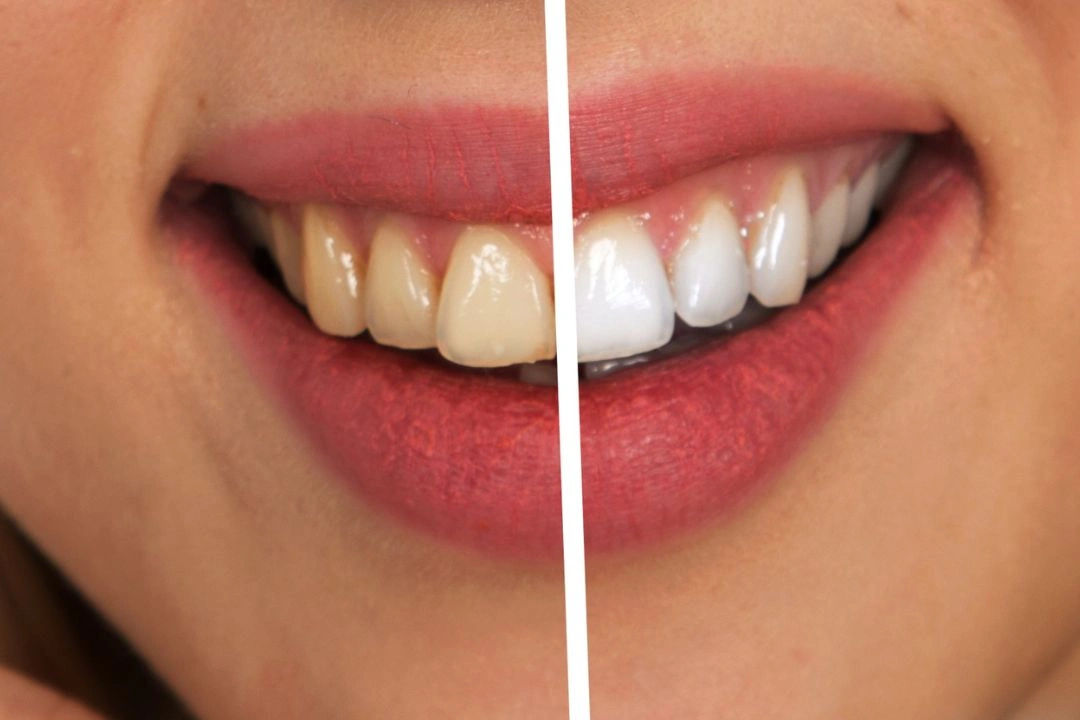
Teeth Whitening Side Effects: What You Should Expect and How to Avoid Them
Discover common teeth whitening side effects like sensitivity & gum irritation. Learn expert tips to avoid them and achieve a brighter smile safely.
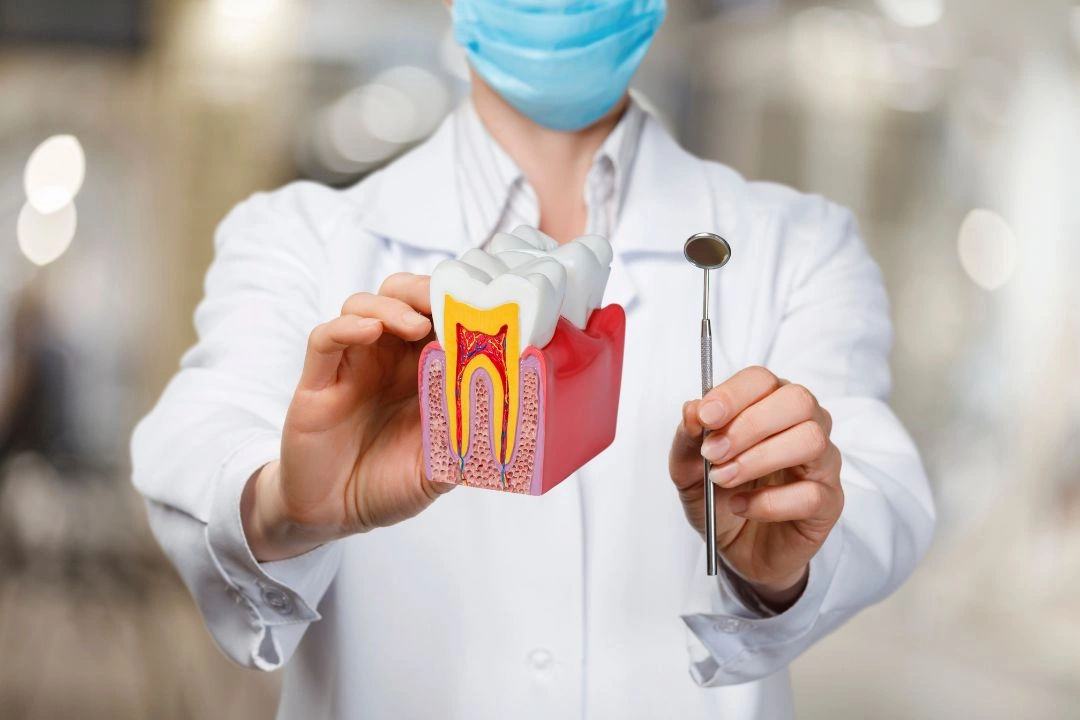
The Role of RCT Specialists in Saving Infected Teeth: What Makes Them Different?
Discover how RCT specialists at AMD Dental Clinic in Jaipur expertly save infected teeth with advanced root canal treatments and pain-free care.
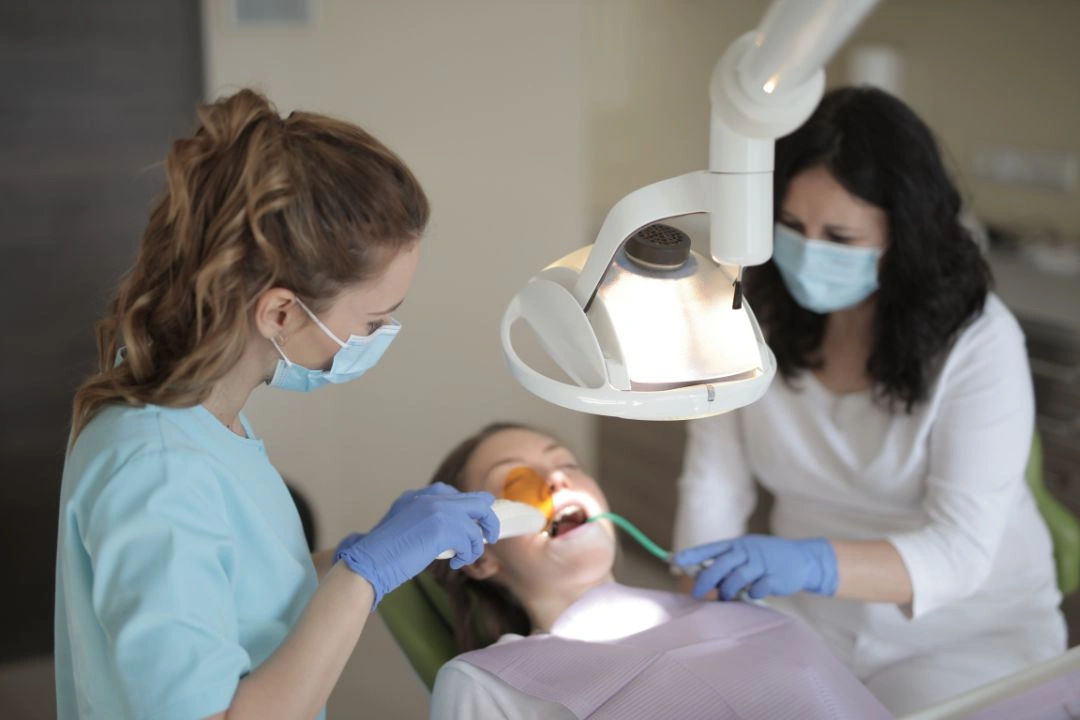
Emergency Dental Services in Jaipur: Which Clinic Should You Call First?
Emergency dental help in Jaipur is just a call away. AMD Dental Clinic ensures fast, effective treatment with expert hands.
